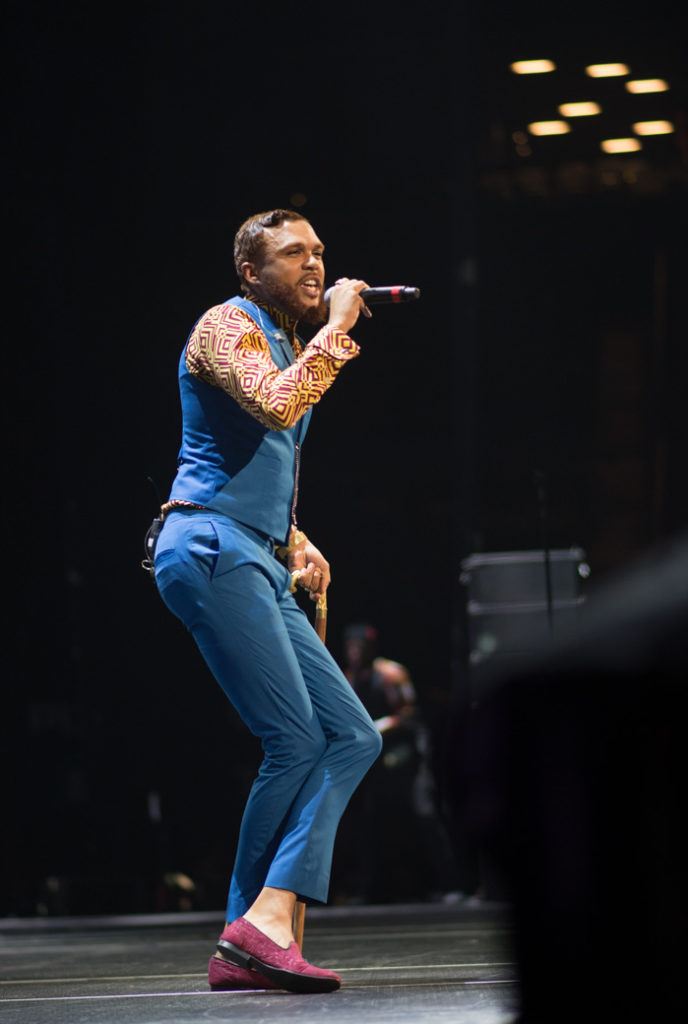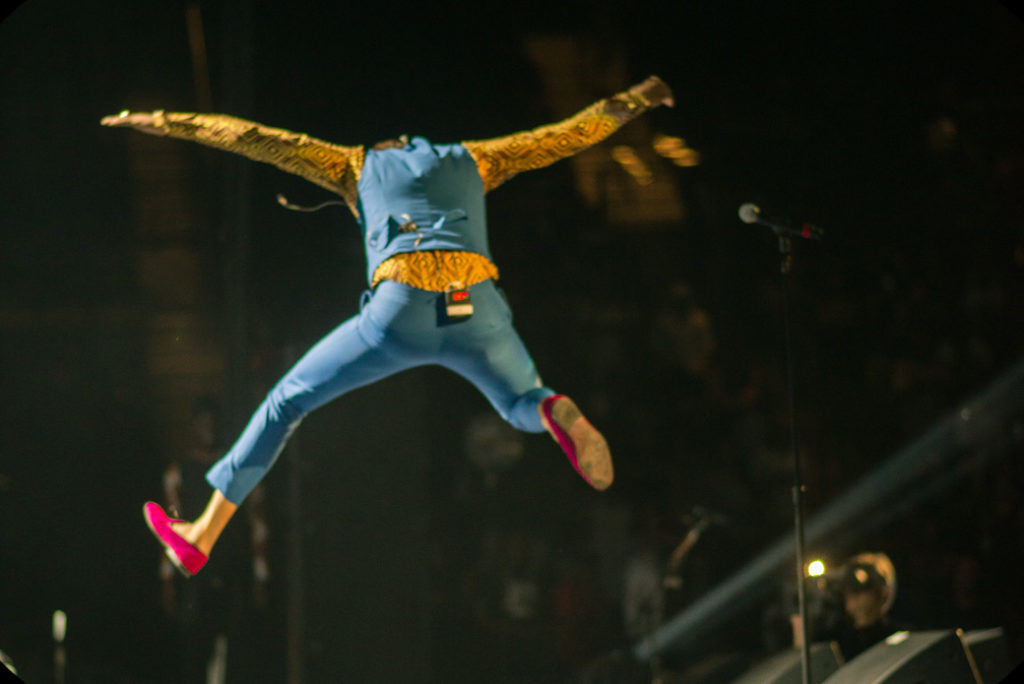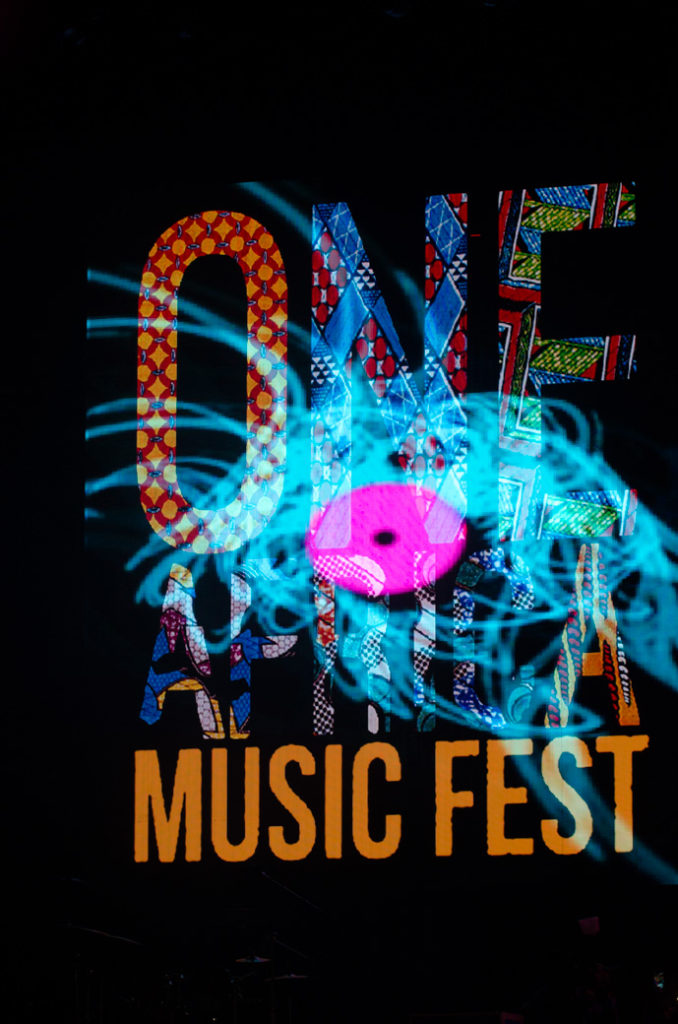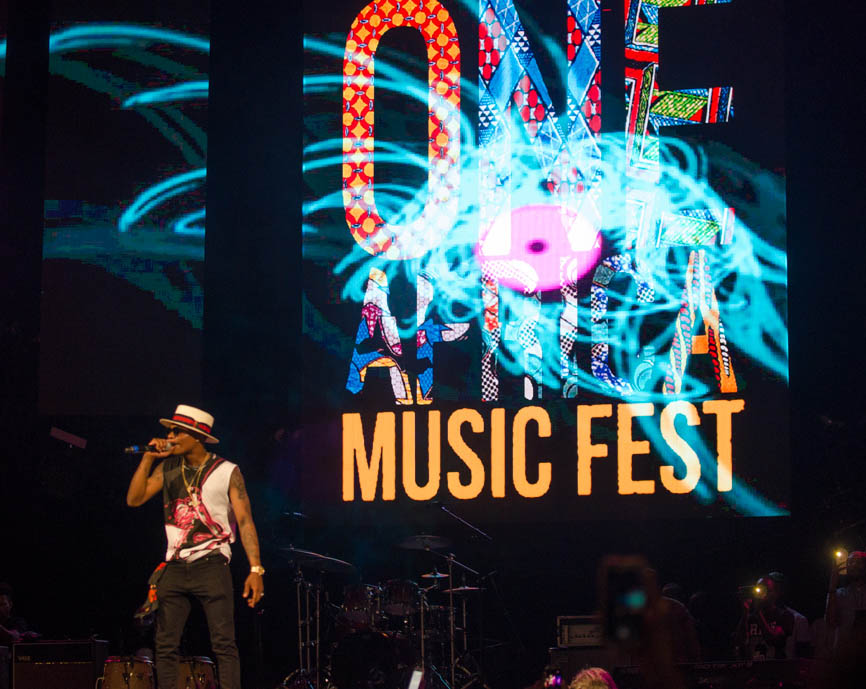Powerful new winds are blowing through the world of African music. Publications from the Washington Post to Fader to the Village Voice are heralding the rise of current African pop music—Afrobeats, and especially Naija pop—in American mainstream culture. There’s plenty of evidence: Alicia Keys getting down to Naija pop star Wizkid on YouTube, Wizkid featuring on Drake’s number-one hit “One Dance,” or, just this past weekend, Tiwa Savage and Jidenna rubbing shoulders with Lupita Nyong'o at Janelle Monae’s #FemTheFuture Brunch at the Brooklyn Botanical Gardens.
On July 22 at the Barclay’s Center in Brooklyn, the One Africa Music Festival packed the house with a star-studded (mostly Naija pop) lineup that included Wizkid, Davido, Tiwa Savage, Flavour, Stonebwoy and Efya (both from Ghana) and many others. In this crowd, Fela’s youngest son Seun Kuti was the old timer, covering his dad’s classic “Zombie,” in a clear nod to a long bygone era. The production was impressive throughout with lighting, dancers, costumery and showmanship worthy of a venue the likes of which earlier heroes of African pop have rarely appeared.
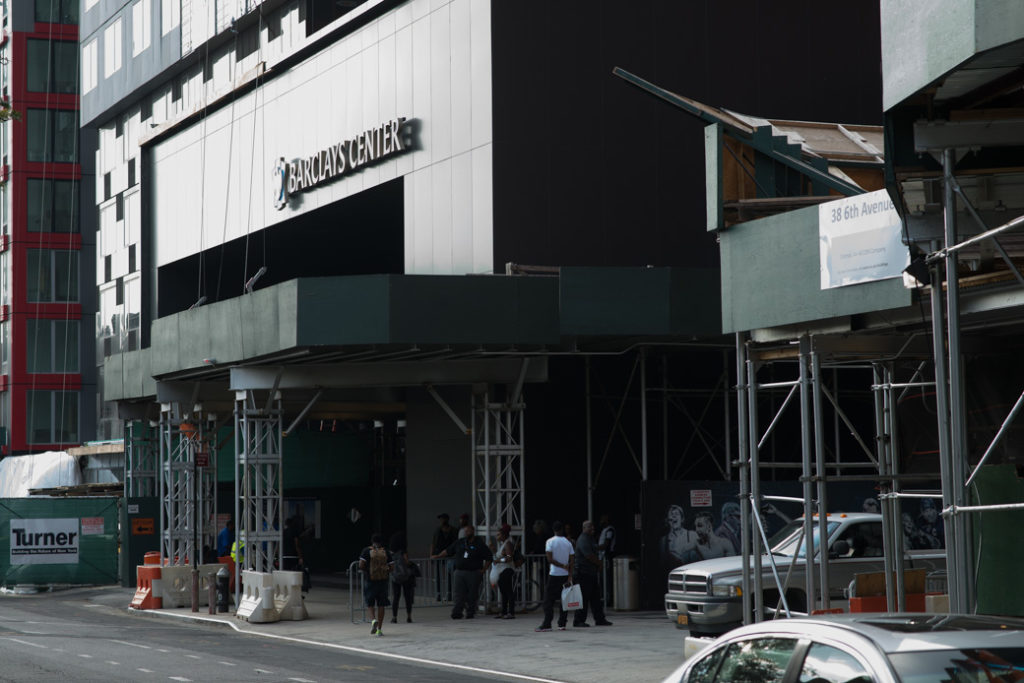
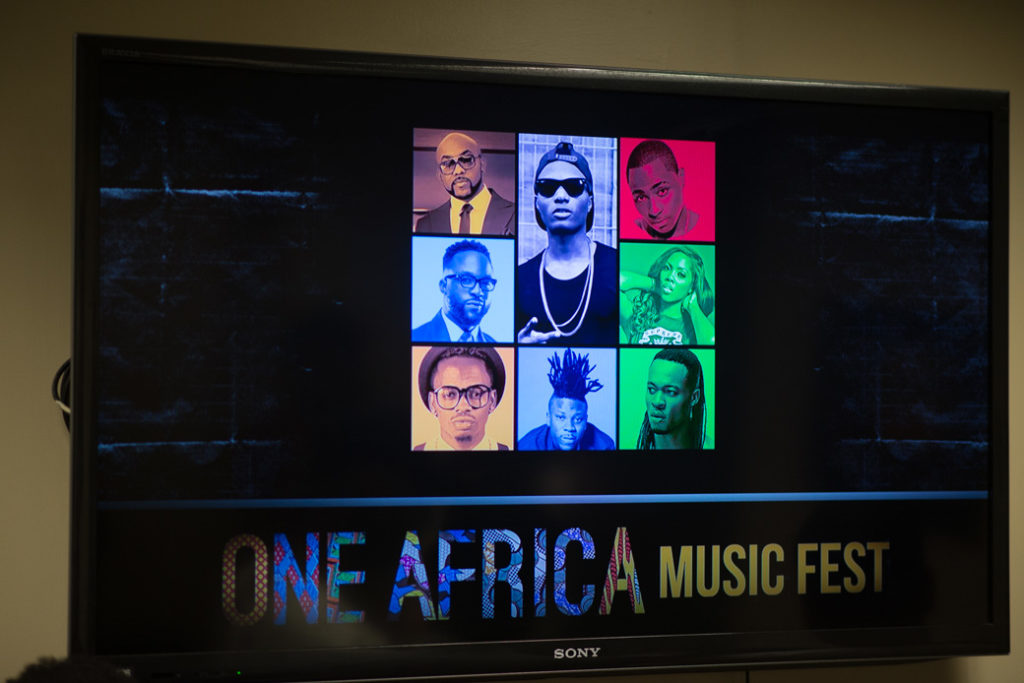
The man behind this spectacular show is Paul Okoye, a Lagos impresario who told the Village Voice before the show, “I don’t like small things.” Okoye is planning another One Africa Fest in Houston in October, and one in London. Watch this space for details.
In its Aug. 19 feature, the Washington Post asks, “Is this the year that African music will conquer the United States?” For some of us Afropop graybeards, the question has a familiar ring. Such questions were asked when Miriam Makeba and Hugh Masekela swept onto U.S. pop charts in the ‘60s, when Paul Simon’s Graceland opened new floodgates in the ‘80s, when Ali Farka Toure, Angelique Kidjo, Toumani Diabaté and Cesaria Evora started winning Grammy awards in the ‘90s and early 2000s.
But this is different. For one thing, major figures in African-American music like Jay-Z, Beyonce and Drake, are on board. And the music itself is sufficiently infused with hip-hop and r&b sensibility to escape the taint of exoticism and slip easily into the flow of the world’s most successful pop. African identity is proudly present in Afrobeats, but with a sheen of universal pop aesthetics that makes it easily accessible to mass audiences. This 2014 video, “We Are One Africa,” featuring Davido, Tiwa Savage, and Ghana’s fastest rapper Sarkodie among others, says it all.
[embed]https://www.youtube.com/watch?...[/embed]
Afropop was there for the One Africa Music Fest in Brooklyn. In conversations with DJs and artists, you could feel those winds of change. When we met young artists in Ghana in 2013, they were not all embracing the term “Afrobeats.” One rapper, still holding to the hiplife label, said that Afrobeats was a term used more in the diaspora. Not anymore. Today, like the term “Afropop” before it, Afrobeats has become a big tent. The nod to Fela Kuti is noted, but Afrobeats is not a style per se, like Afrobeat. It simply means the new sounds of Africa, part roots, part rap, part reggae/dancehall, part r&b. Crooning works as well as a dancehall growl. It’s wide open.
Whether the term lasts, time will tell. Same goes for whether this new generation of African music truly will “conquer the United States.” The crowd at the Barclay’s Center was massive indeed, but almost entirely composed of young diasporic Africans. True conquest will mean broadening the ranks of those willing to pay high-end ticket prices to see these artists in such venues. Still, there is no doubting that a new era is at hand for African music.
Here are some images from the One World Africa Fest at Brooklyn’s Barclay Center on July 22, 2016. Stay tuned…
(All photos by Banning Eyre.)
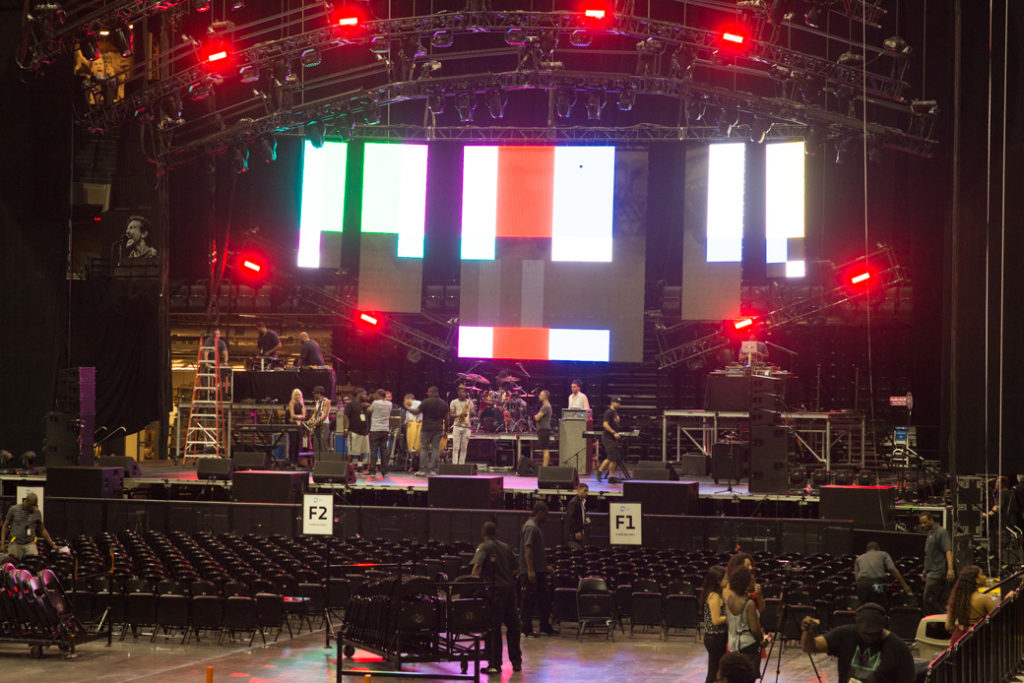
Soundcheck
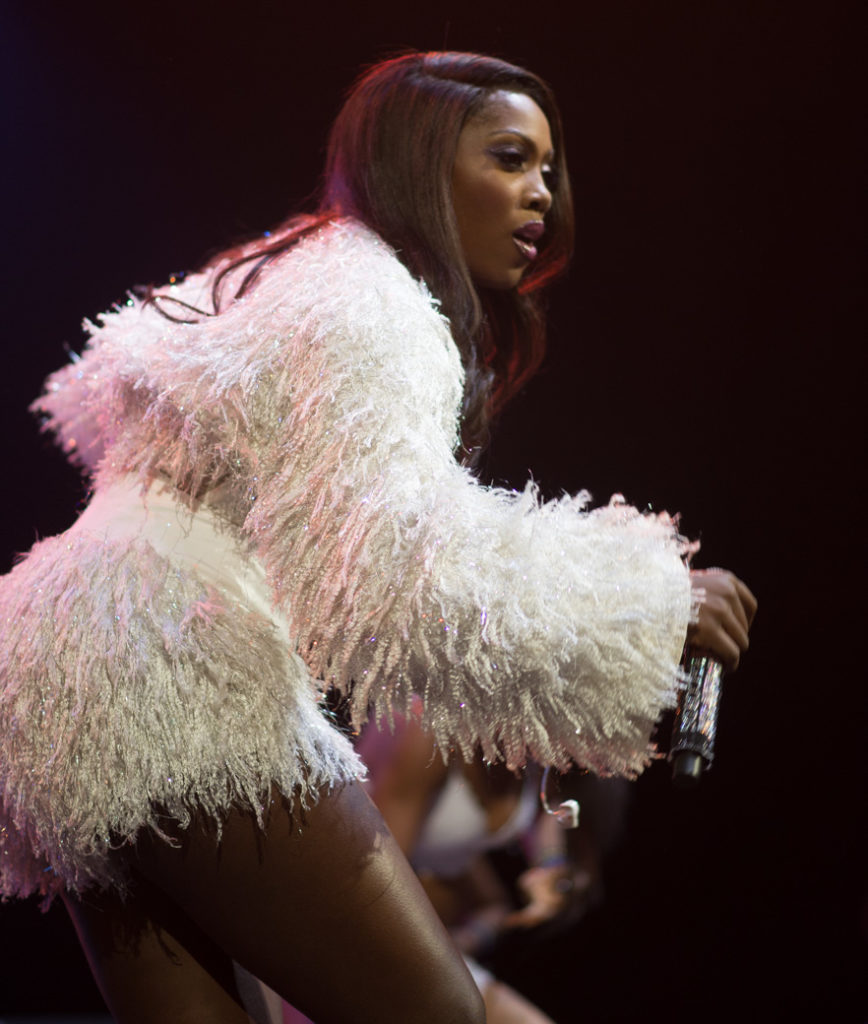
Tiwa Savage
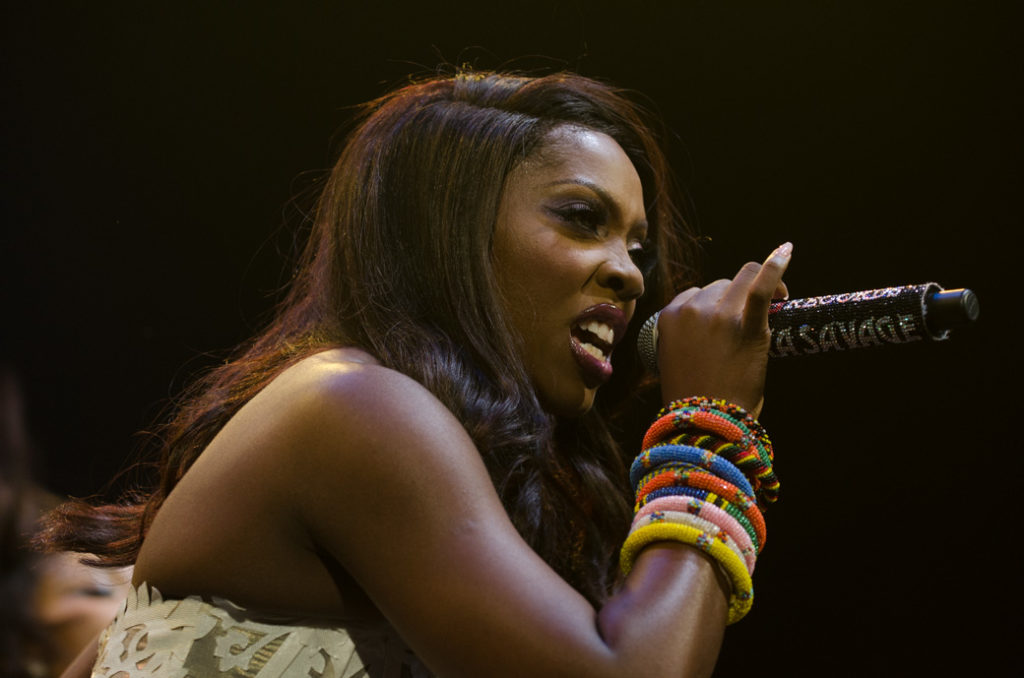
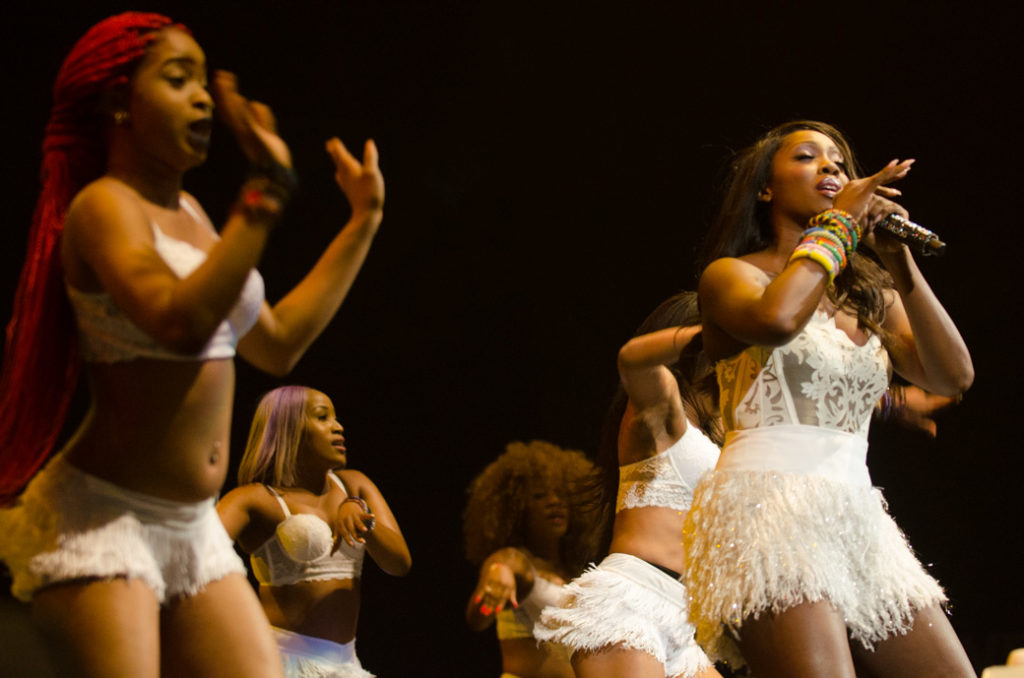
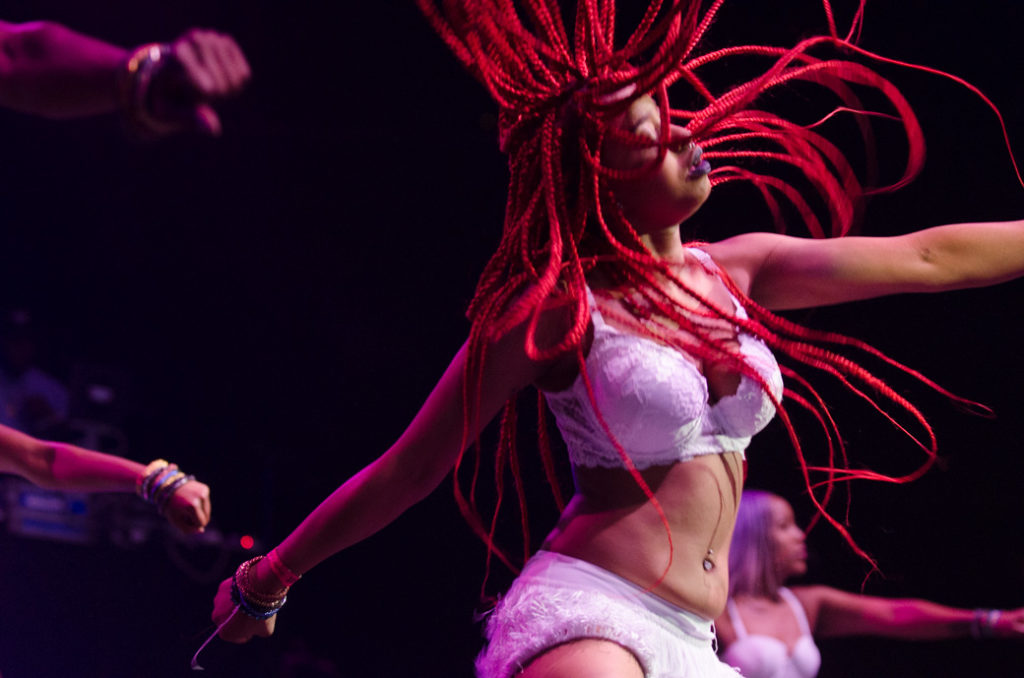
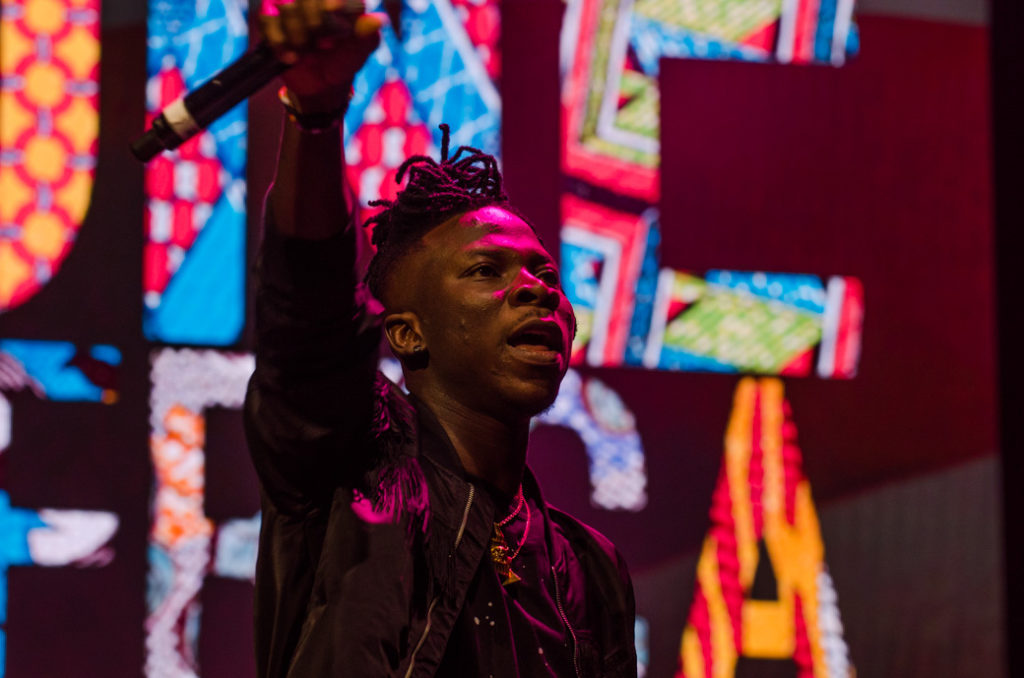
Stonebwoy
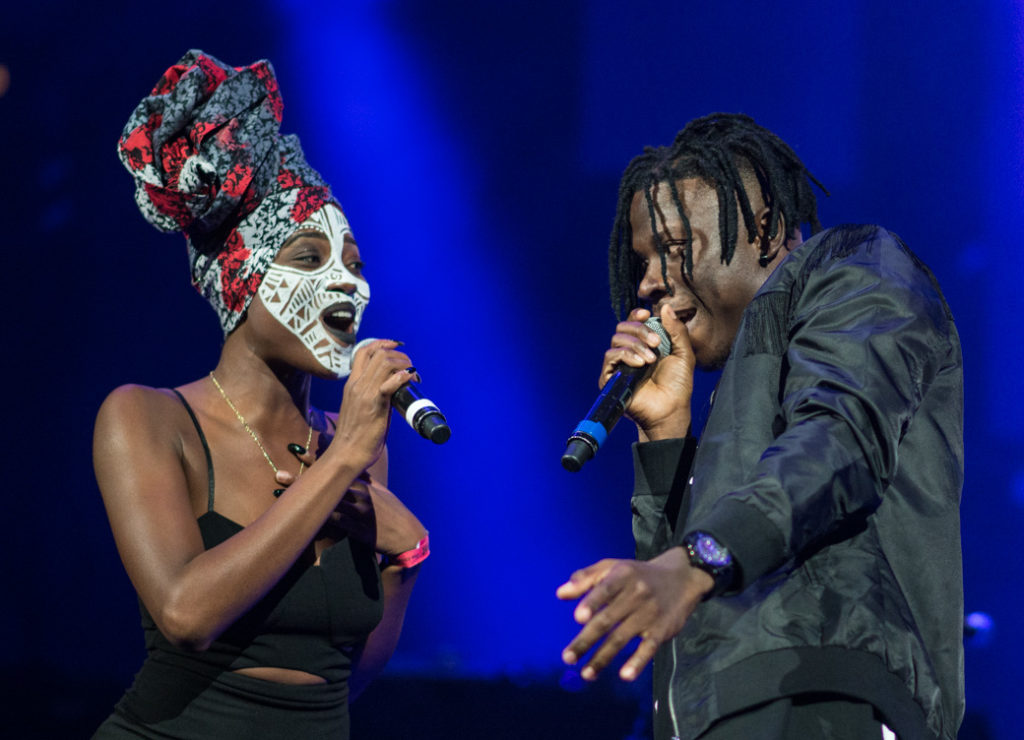
Efya and Stonebwoy
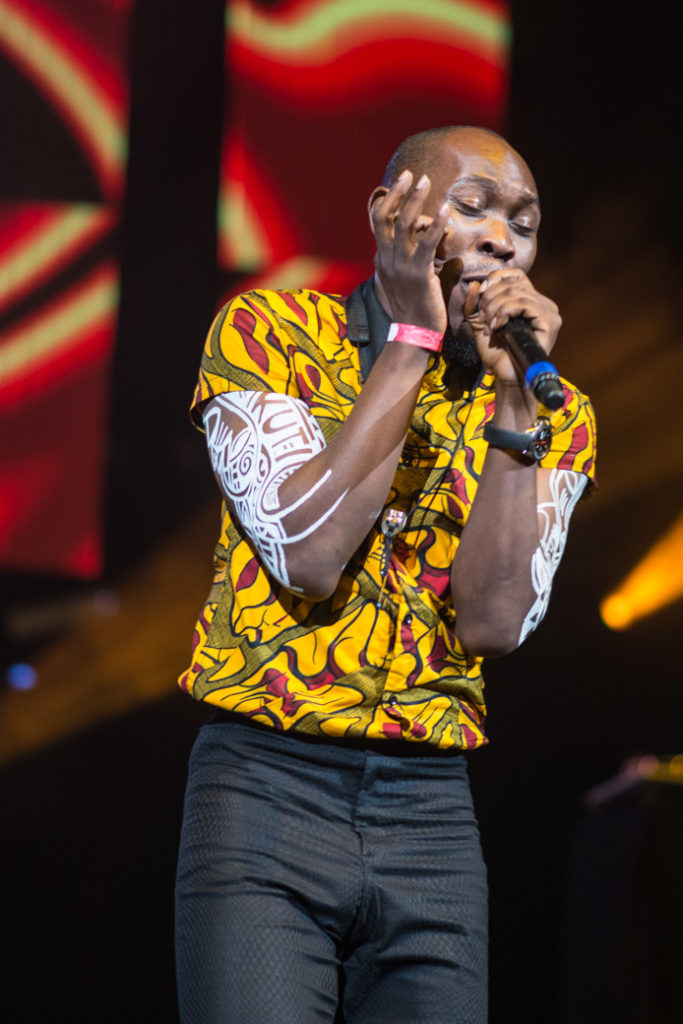
Seun Kuti covers Fela's "Zombie"
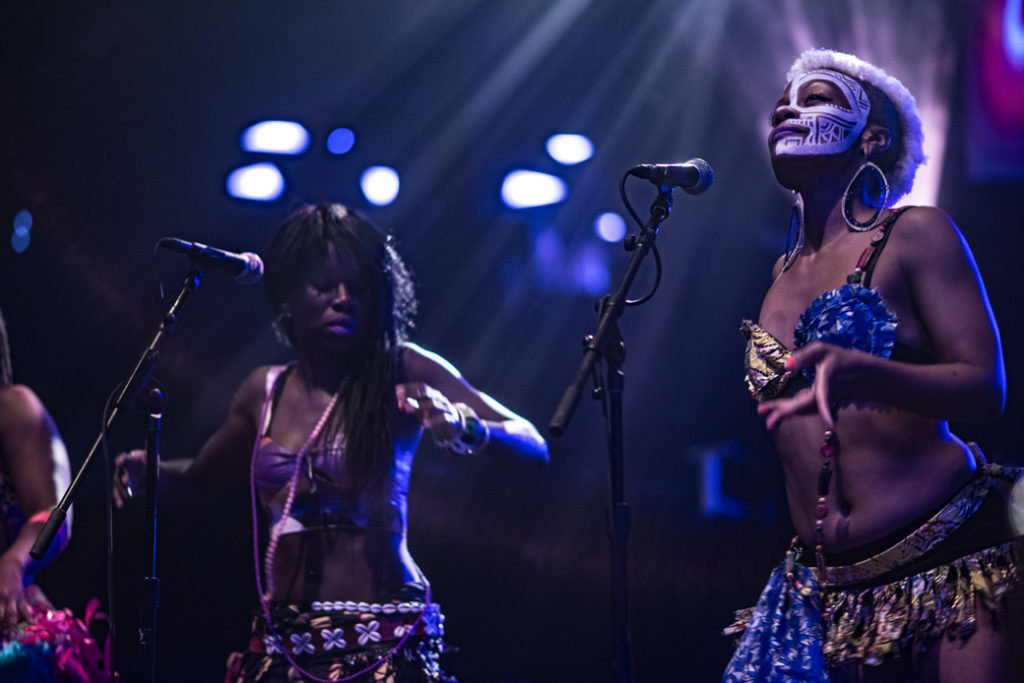
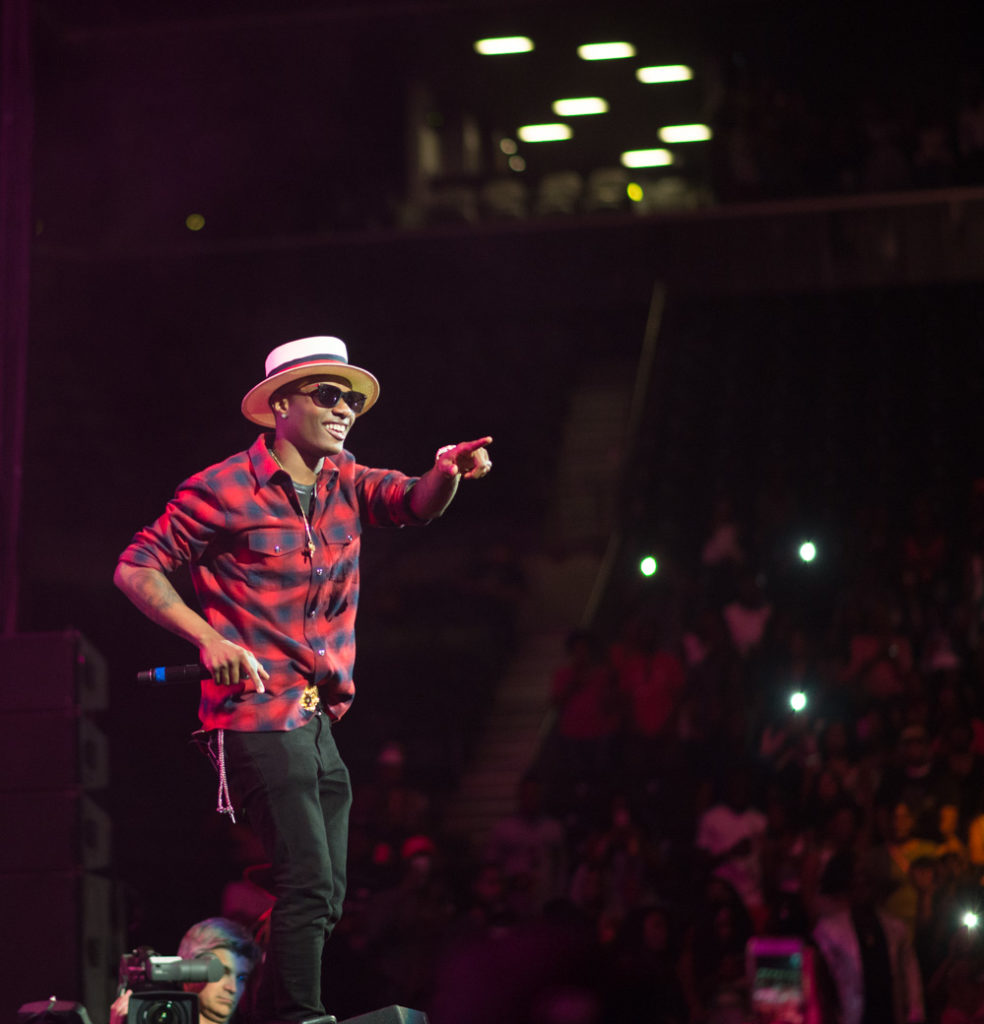
Wizkid
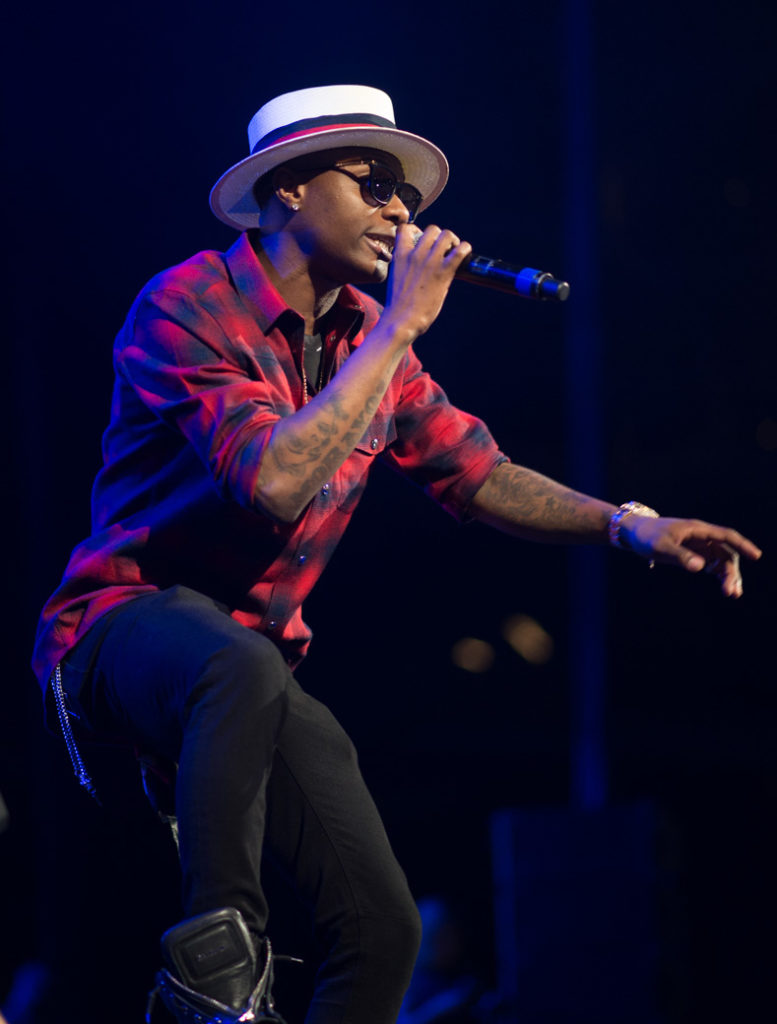
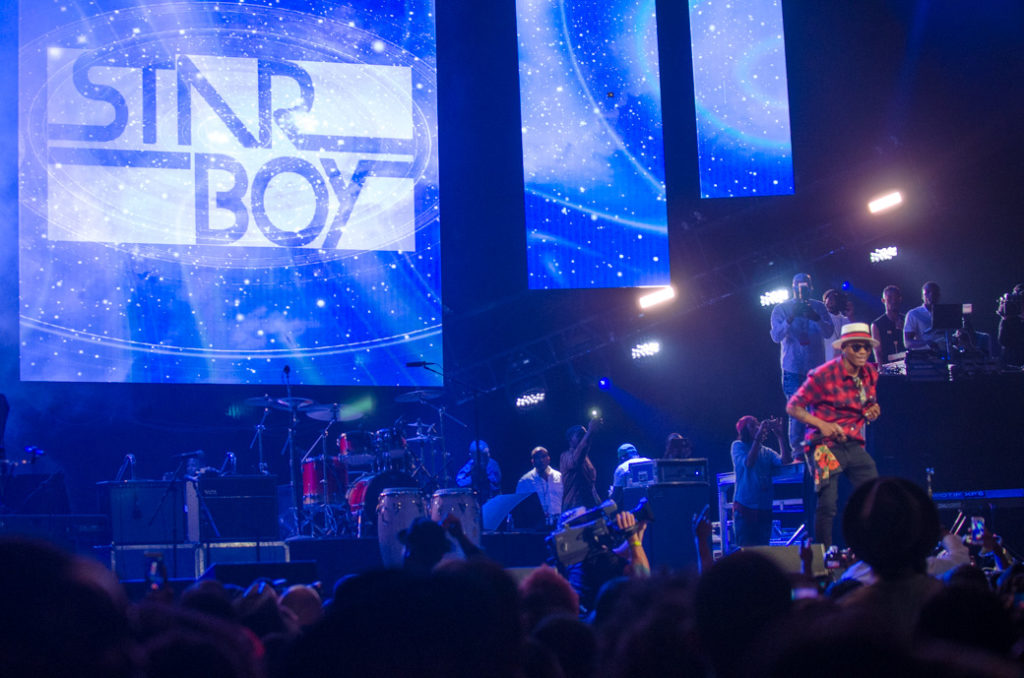
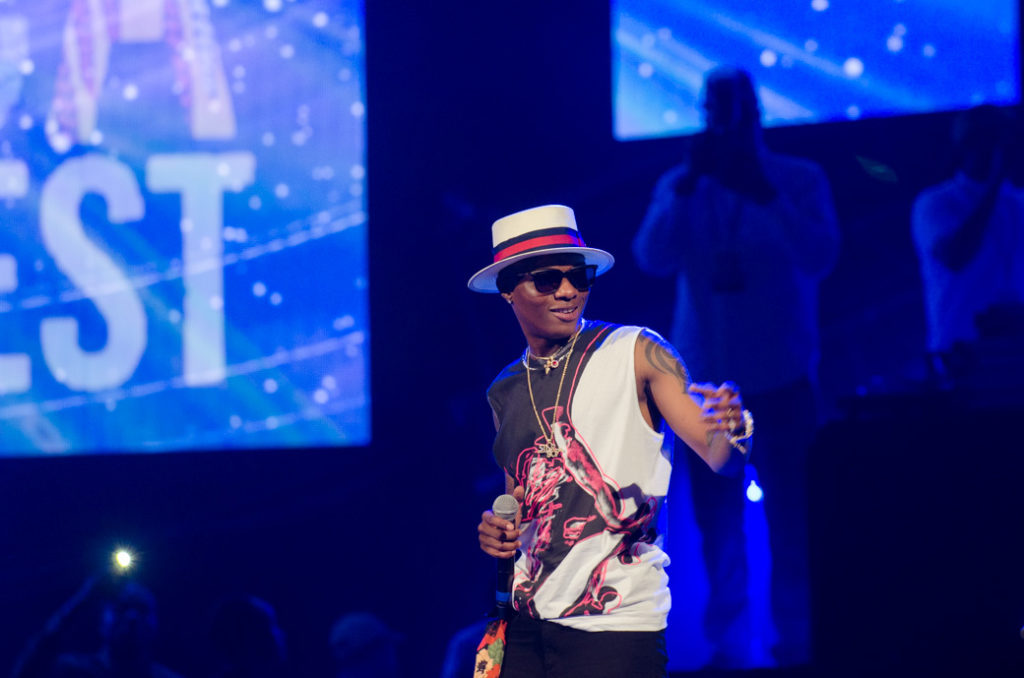
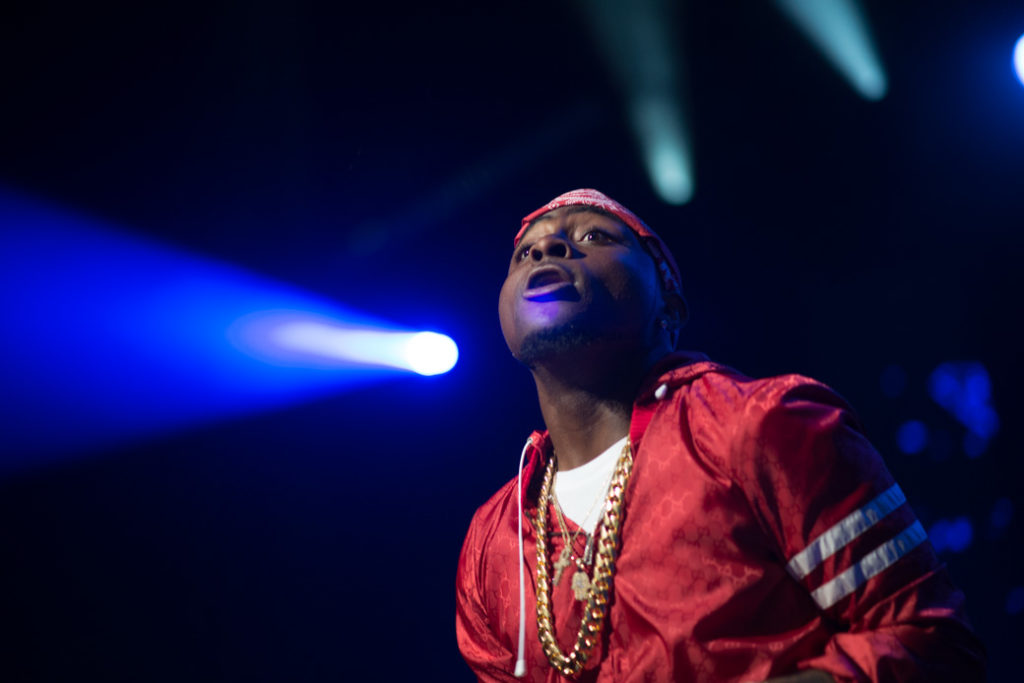
Davido
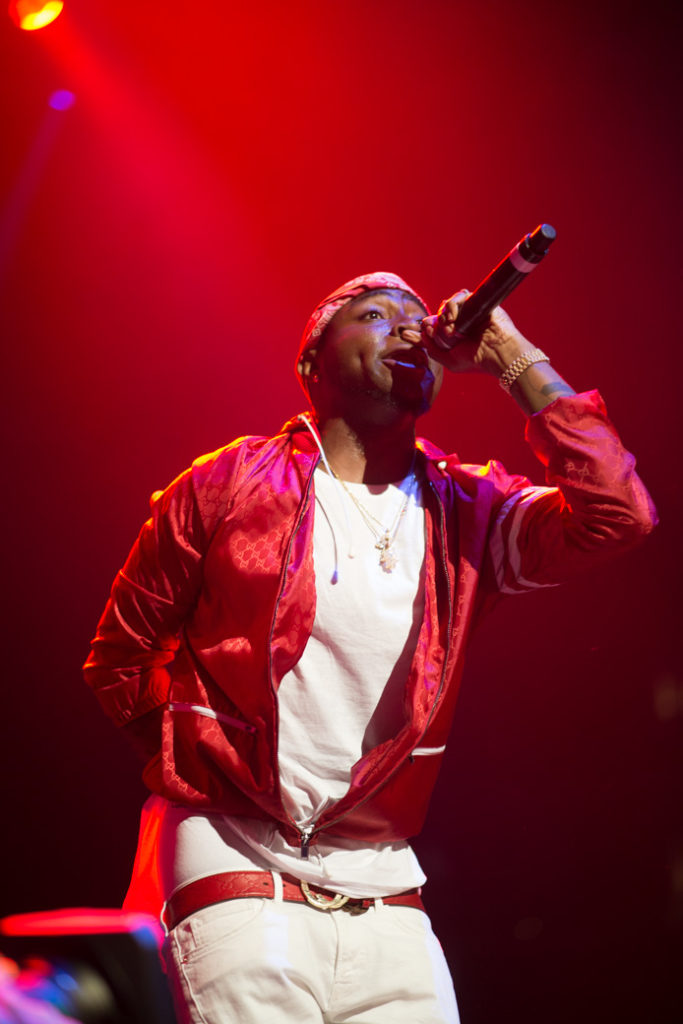
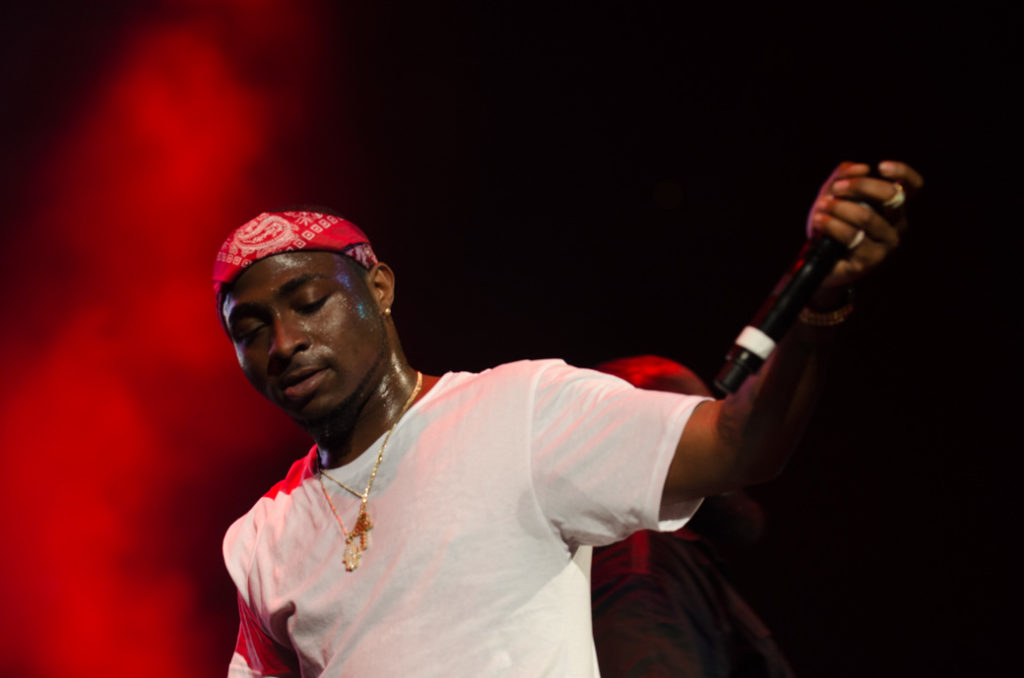
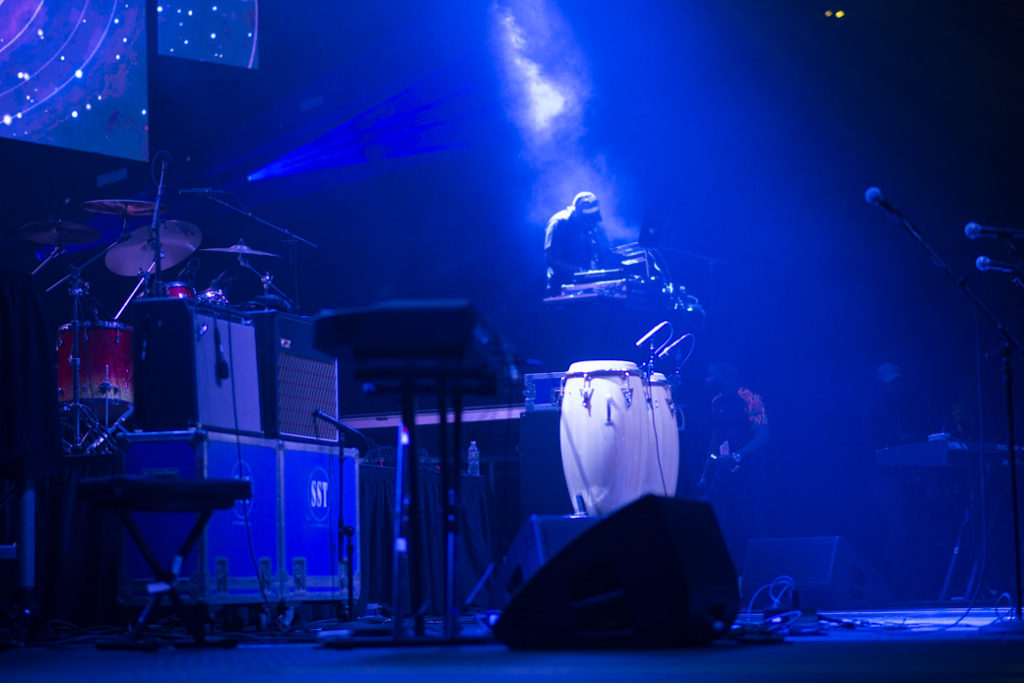
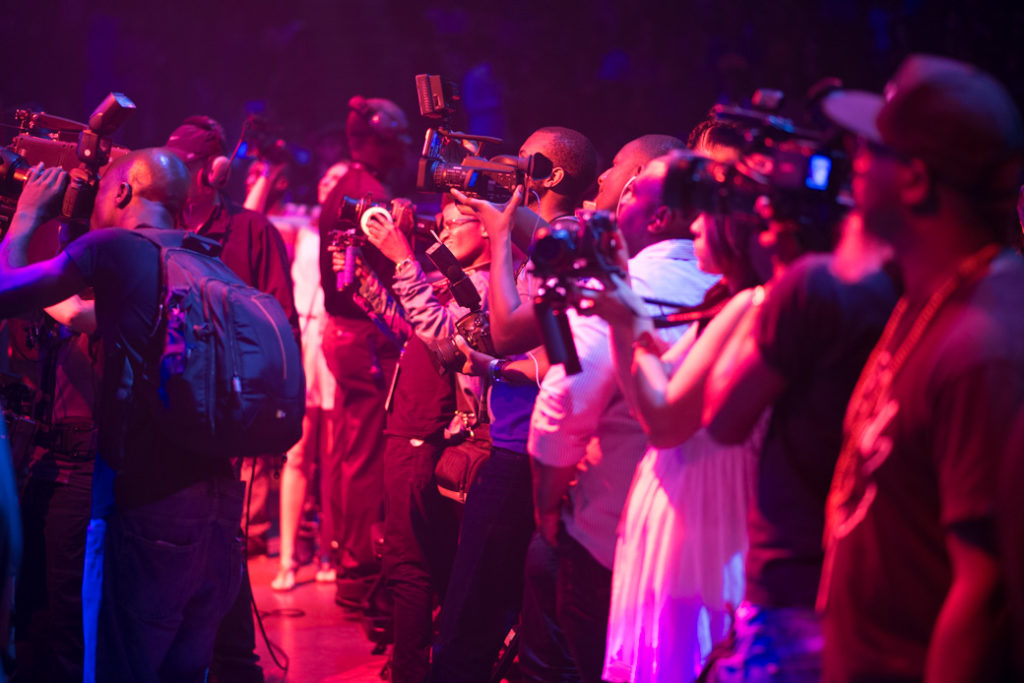
The photo pit, cheek-to-jowl for four hours
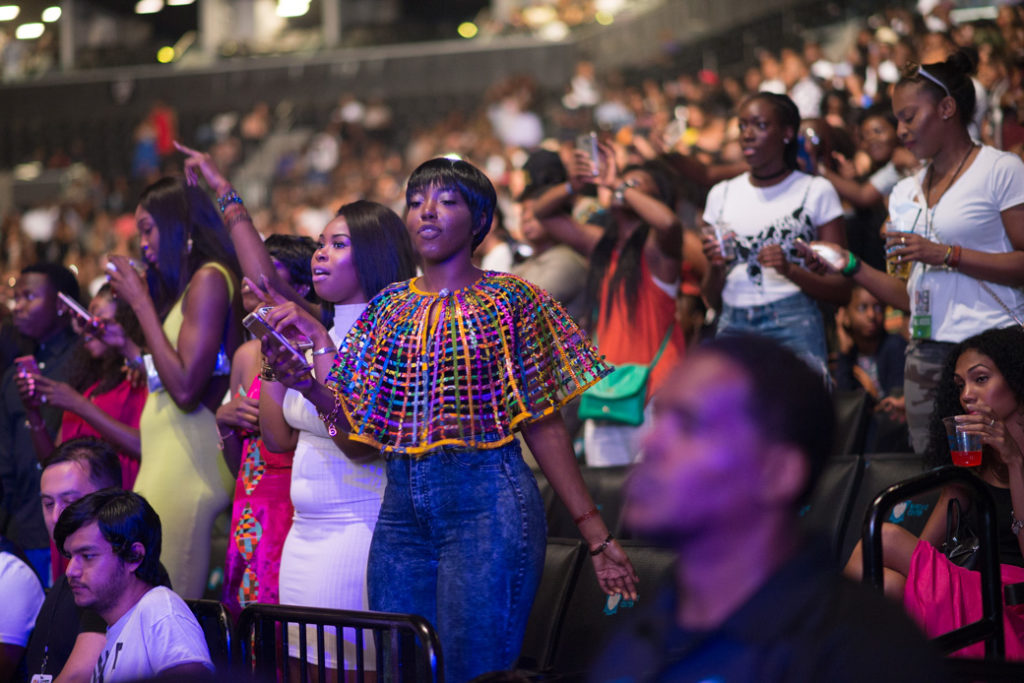
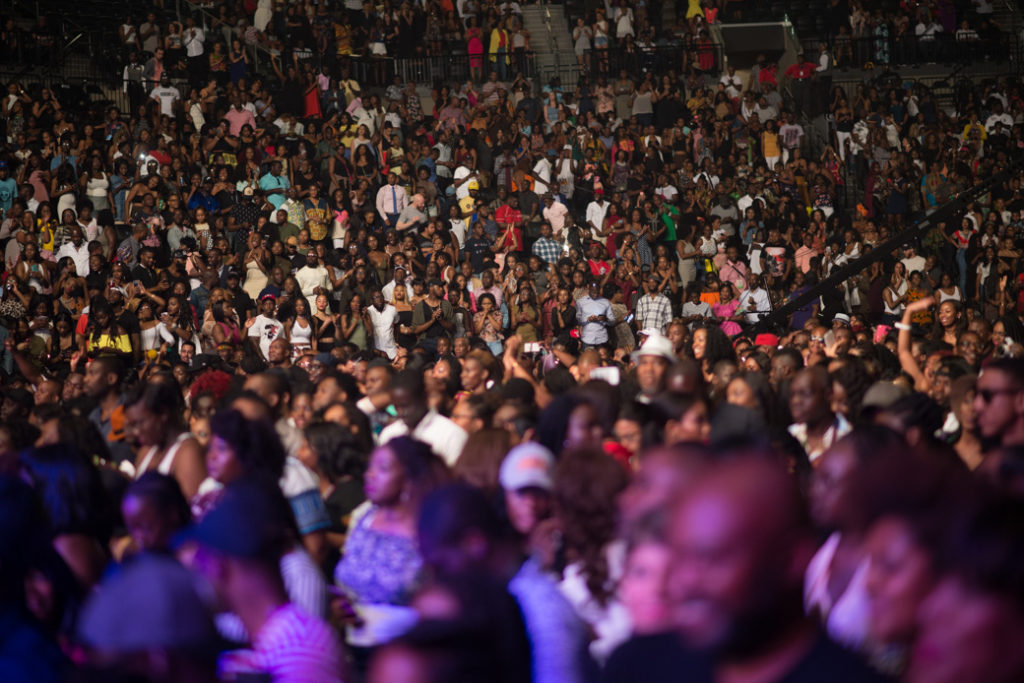
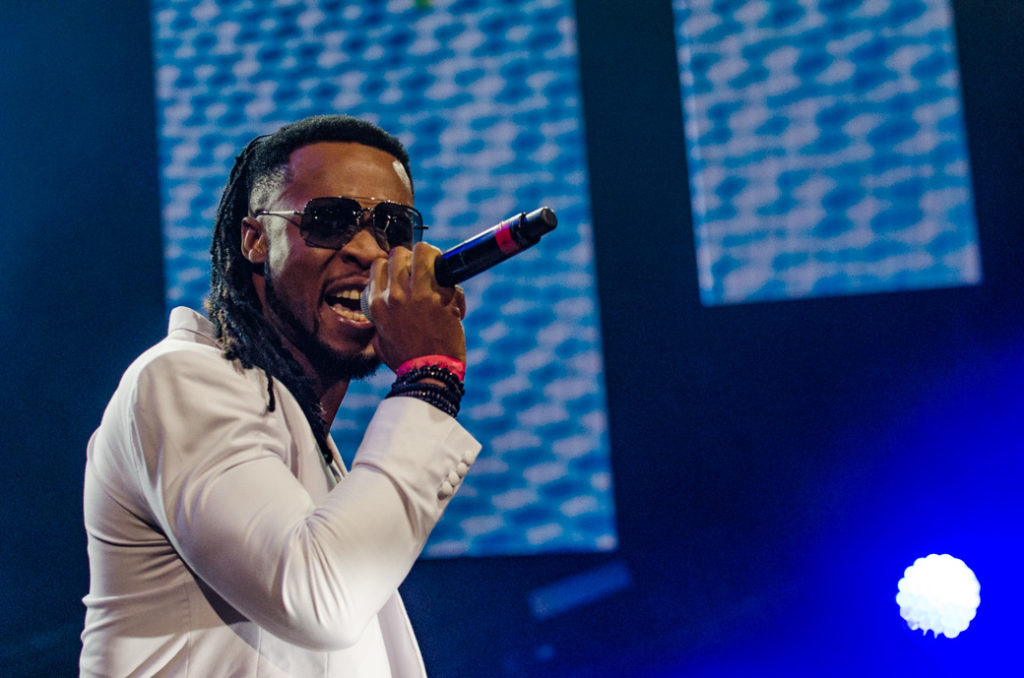
Flavour, whose set was infused with the older flavor of Igbo highlife
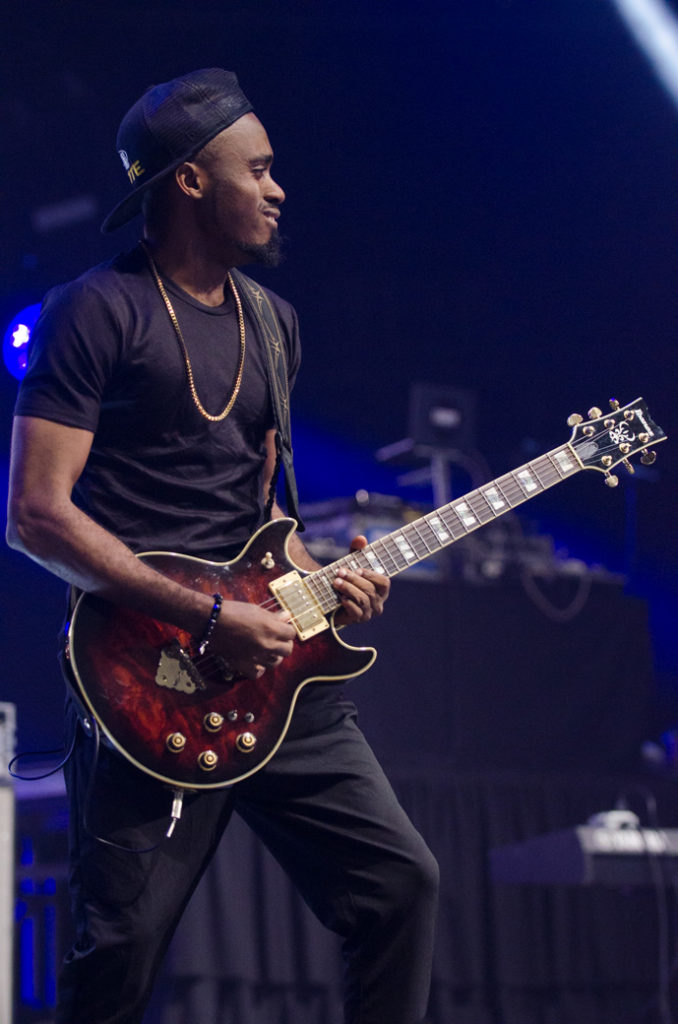
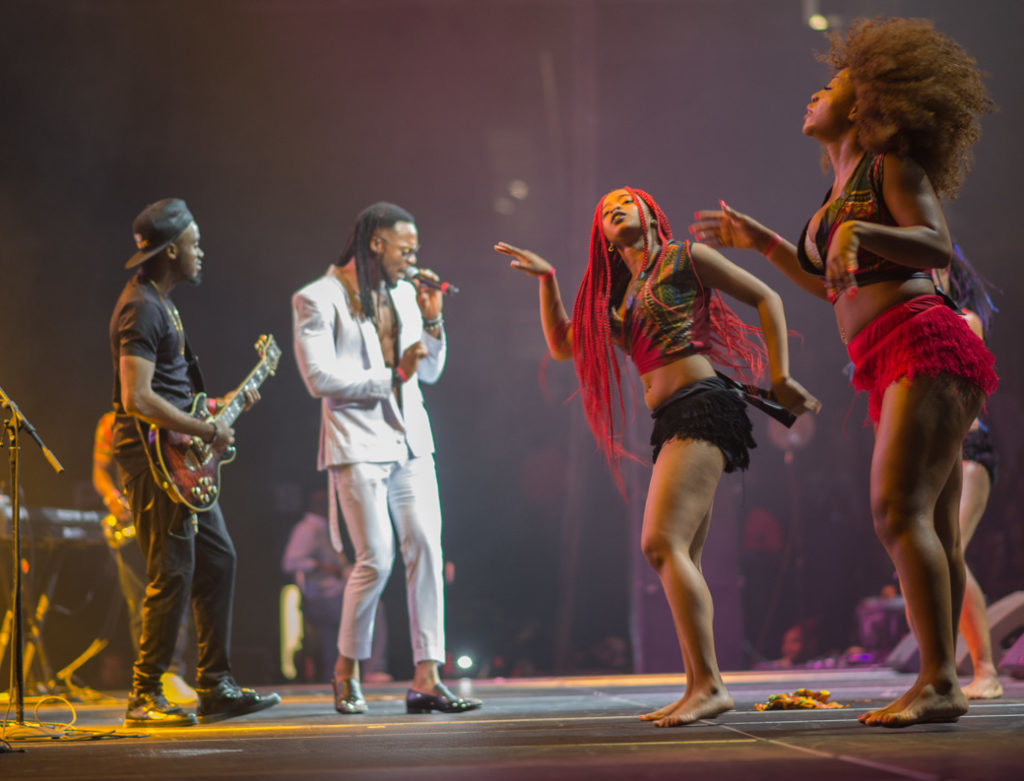
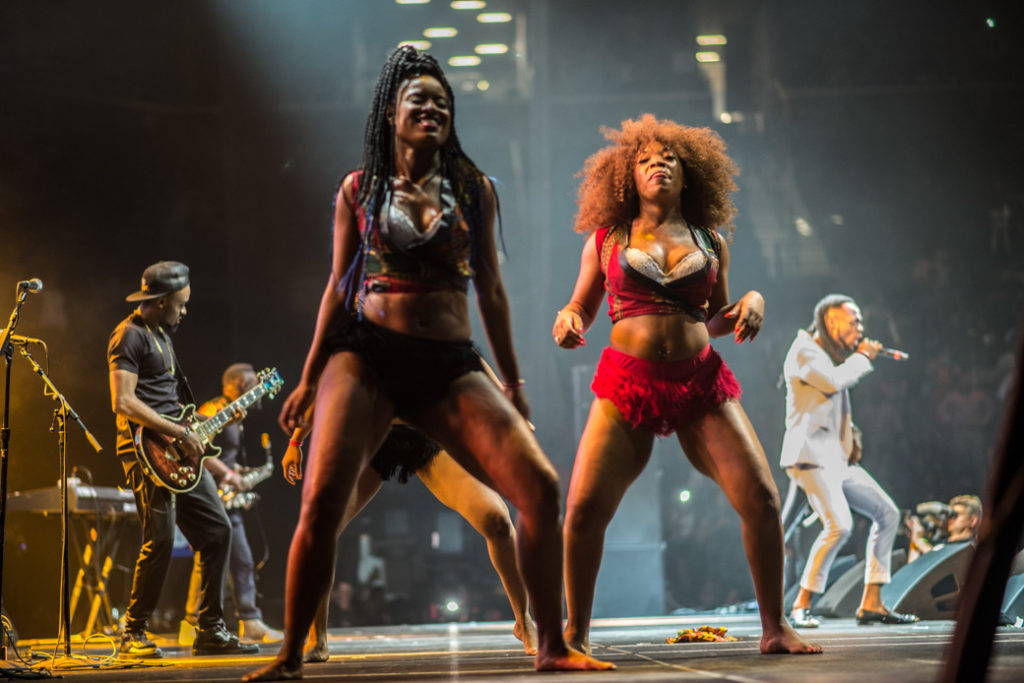
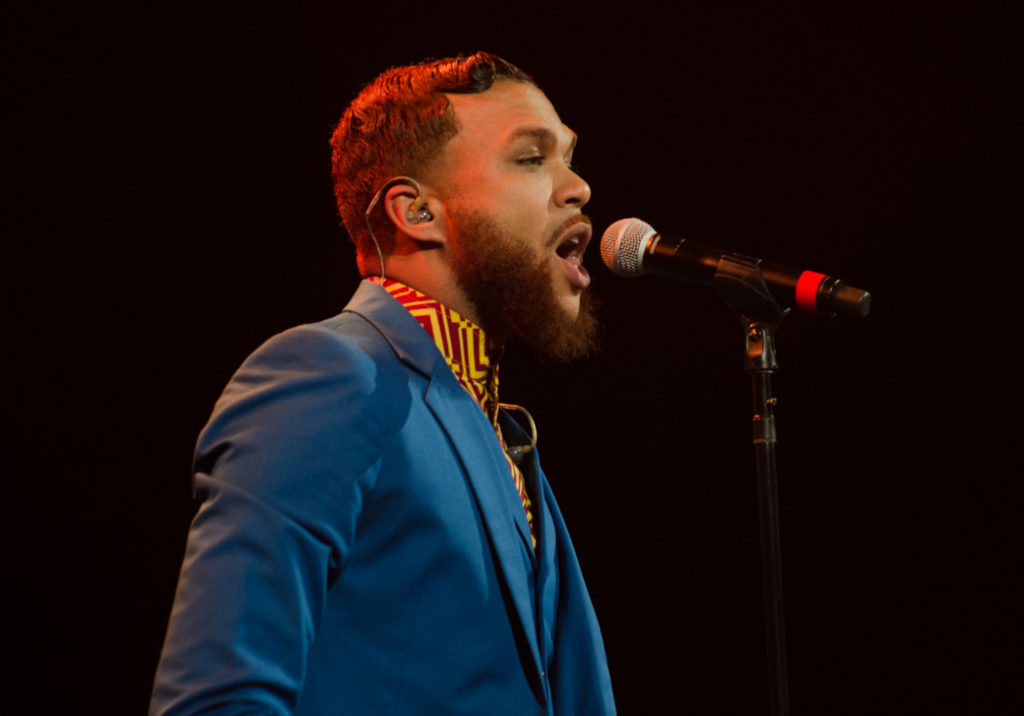
Jidenna, Nigerian-American innovator, and quite the showman!
